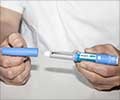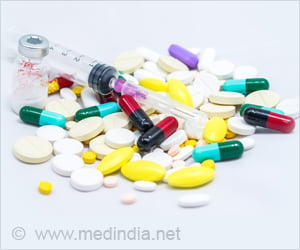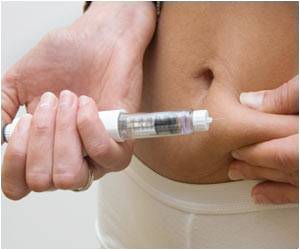FAQs on Semaglutide Can Help Quit Alcohol
1. Can you drink alcohol while taking Semaglutide?Drinking alcohol can impact blood sugar levels, leading to either hypoglycemia or hyperglycemia, depending on the quantity and frequency of intake. Healthcare professionals advise individuals to restrict alcohol intake to moderate levels.
2. Is semaglutide used for addiction?
Semaglutide is a medication approved for diabetes and obesity that may also prove helpful in curbing certain addictive behaviors like alcohol use, smoking, and desire for cocaine and opioids. However, further studies need to be conducted to understand this effect further
3. Does GLP 1 affect alcohol consumption?
Promising outcomes have been observed in animal trials. GLP-1 agonists have the ability to decrease alcohol intake and reduce alcohol-seeking behaviors.
4. Is semaglutide safe for your liver?
Yes, semaglutide is safe for your liver. Research has shown semaglutide exhibits potential in the management of non-alcoholic fatty liver disease (NAFLD).
5. Who should avoid semaglutide?
One must avoid semaglutide if you have a historical background of Medullary Thyroid Cancer, Pancreatitis, Gall bladder disease, or Multiple Endocrine Neoplasia syndrome type 2 (MEN 2).
6. Can semaglutide cause weight loss?
Yes, semaglutide can cause weight loss in some patients. The same molecule, semaglutide, is present in another product, Wegovy, in a different dose level, and this is prescribed as a weight loss drug.
7. What foods should be avoided when on semaglutide treatment?
Avoid consuming spicy, high-fat, or acidic foods, as these can exacerbate heartburn and other gastrointestinal symptoms triggered by semaglutide.
8. Are there any recommendations for administering semaglutide tablets?
Oral semaglutide should be taken on an empty stomach, at least 30 minutes prior to consuming any food, drink, or other oral medications for the day.
9. Besides medications, how can an individual overcome alcohol addiction?
Comprehensive outpatient treatment programs and inpatient treatment programs can provide significant support for individuals who are prepared and driven to achieve sobriety. Transitional housing programs and deaddiction centers can also offer valuable assistance.













